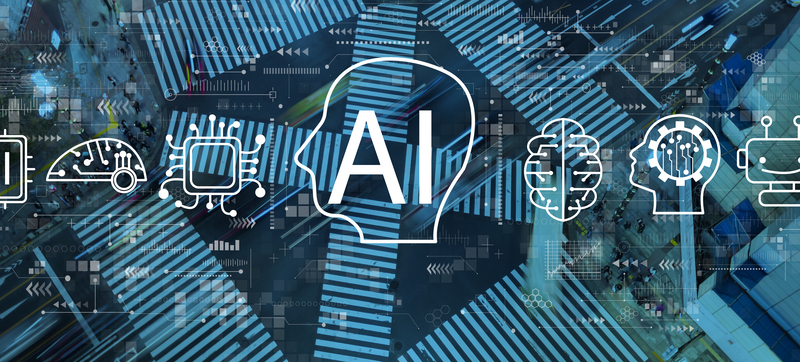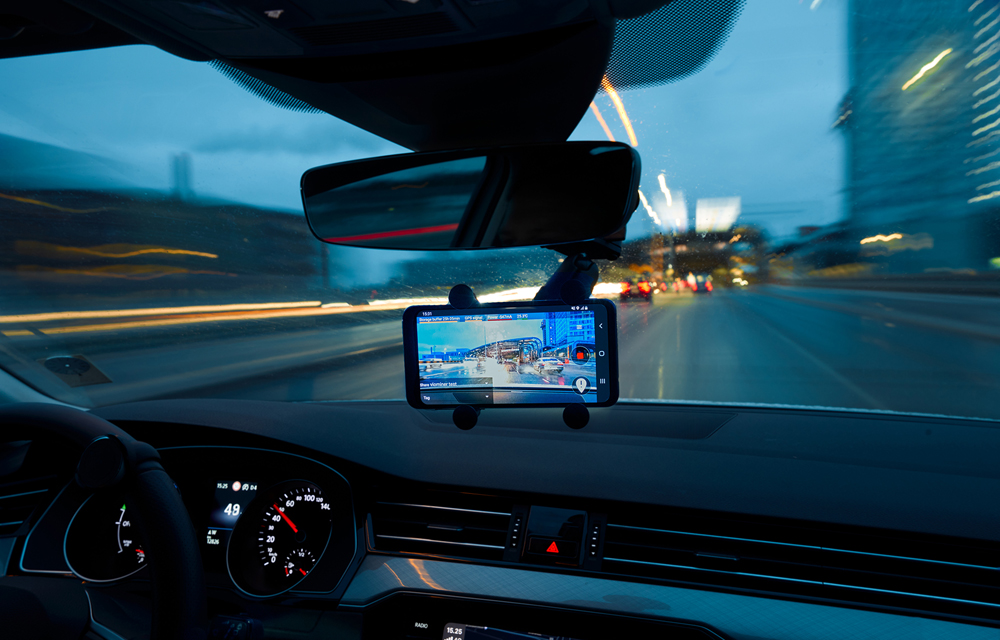
Juniper Research has found smart traffic management systems will save cities $277 billion by 2025 - by reducing emission and congestion globally - a jump from $178bn in 2021.
The company's latest report identified smart intersections as the key technology behind these savings, by enabling a reduction of over 33 hours of time spent in traffic per annum per motorist by 2025.
Juniper Research says smart intersections include areas of high traffic that leverage connectivity and artificial intelligence (AI)-based automation to monitor and manage traffic flow based on real-time data to reduce the time wasted by road congestion.
Smart Traffic Management: Technologies, Use Cases & Market Forecasts 2021-2025 predicts that more than 95% of the $277bn savings will be attributable to congestion reduction.
North America and Europe are anticipated to account for more than 75% of all savings, owing to their increasing investment into smart traffic management and the high vehicle usage in these regions.
Juniper Research argues that Vehicle to Everything (V2X) technologies are critical to the enhancement of existing smart traffic management services.
It predicts that V2X connectivity will enable smart traffic management platforms to gather data directly from vehicles, rather than relying on traditional traffic actuation methods.
The company insists “stakeholder collaboration” will enable the integration of various automotive services into smart traffic management, providing enhanced convenience for vehicles utilising smart parking services.
The report forecasts that investment into smart parking will reach $1bn by 2025, up from a predicted $460 million in 2021.
It anticipates that smart parking vendors will focus on the connectivity between parking sensors, management platforms and end users, and urges vendors to focus on smart displays that provide up-to-date parking availability information to road users in a safe manner.











